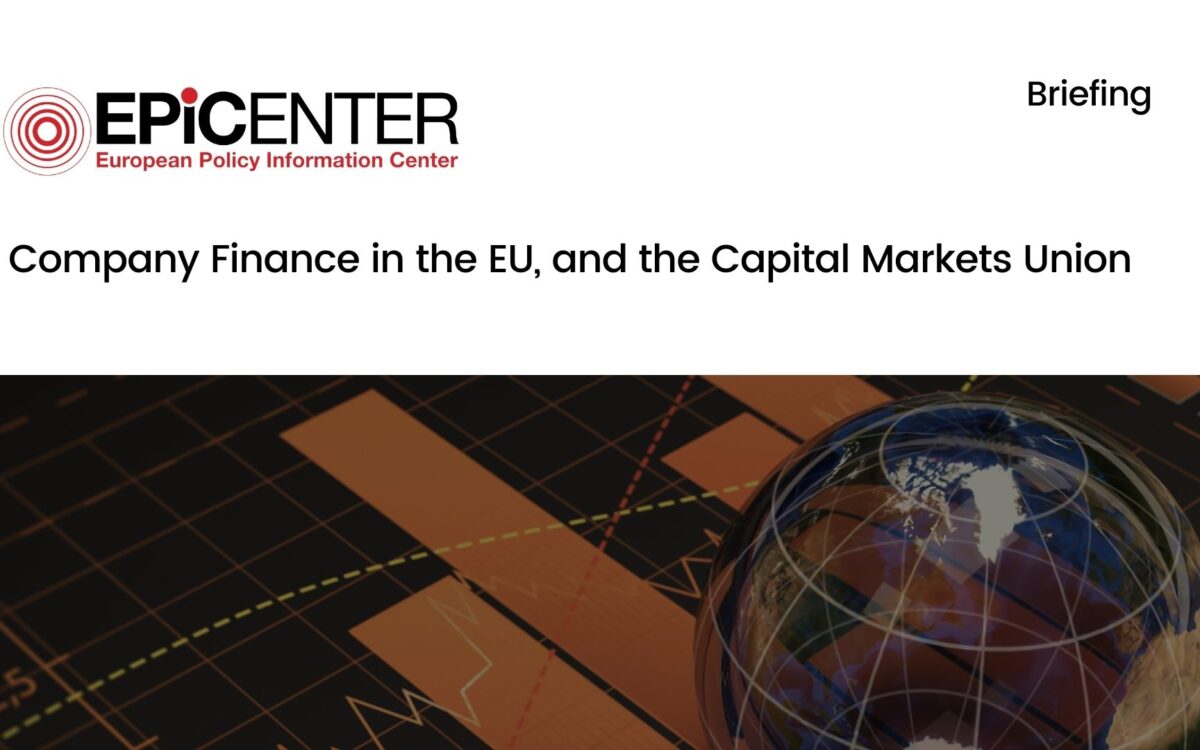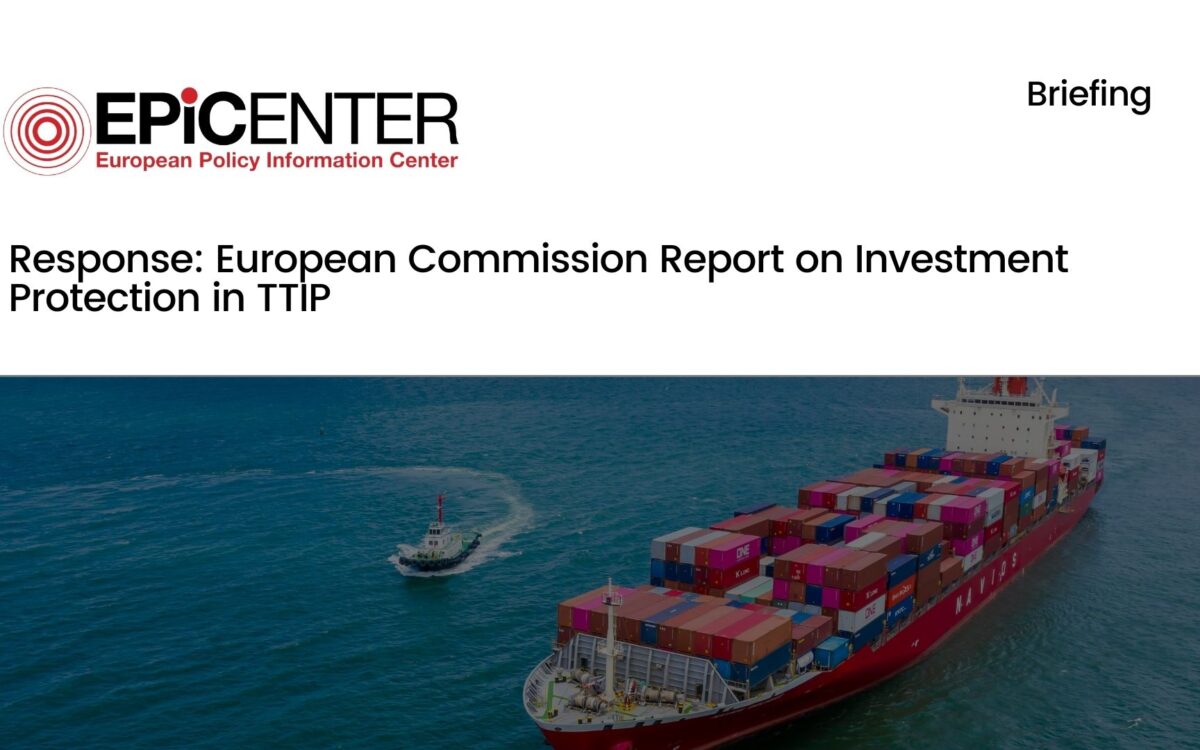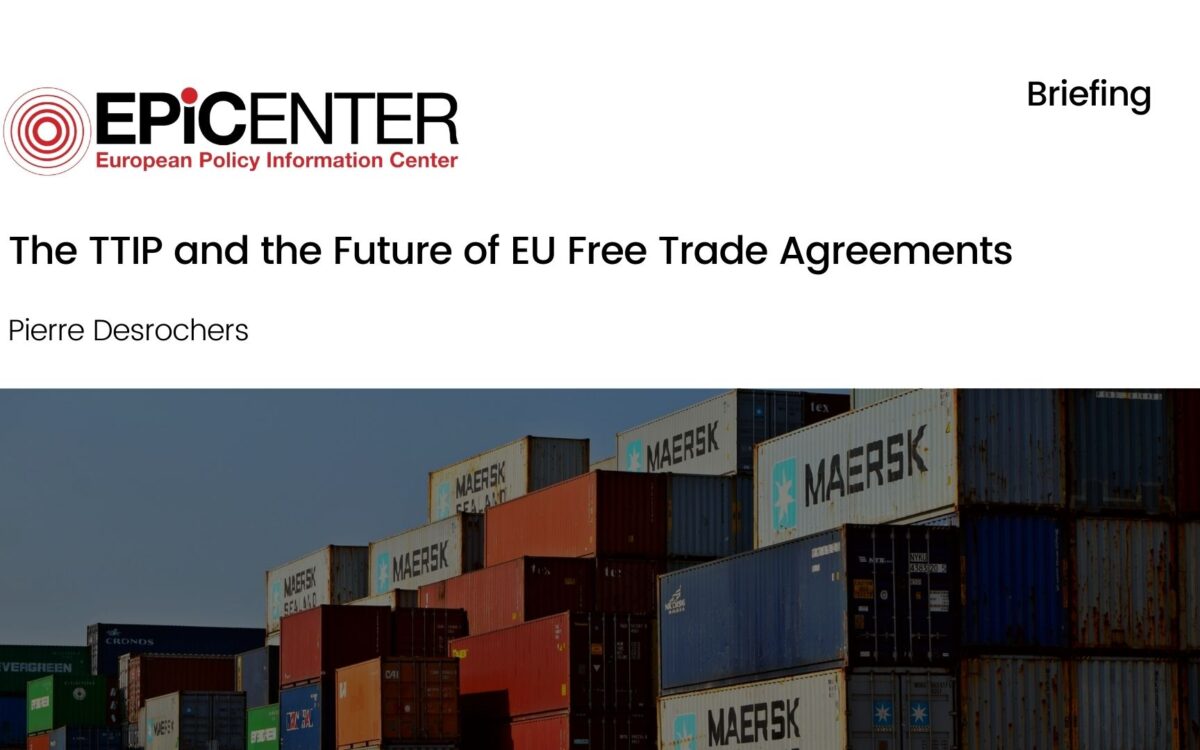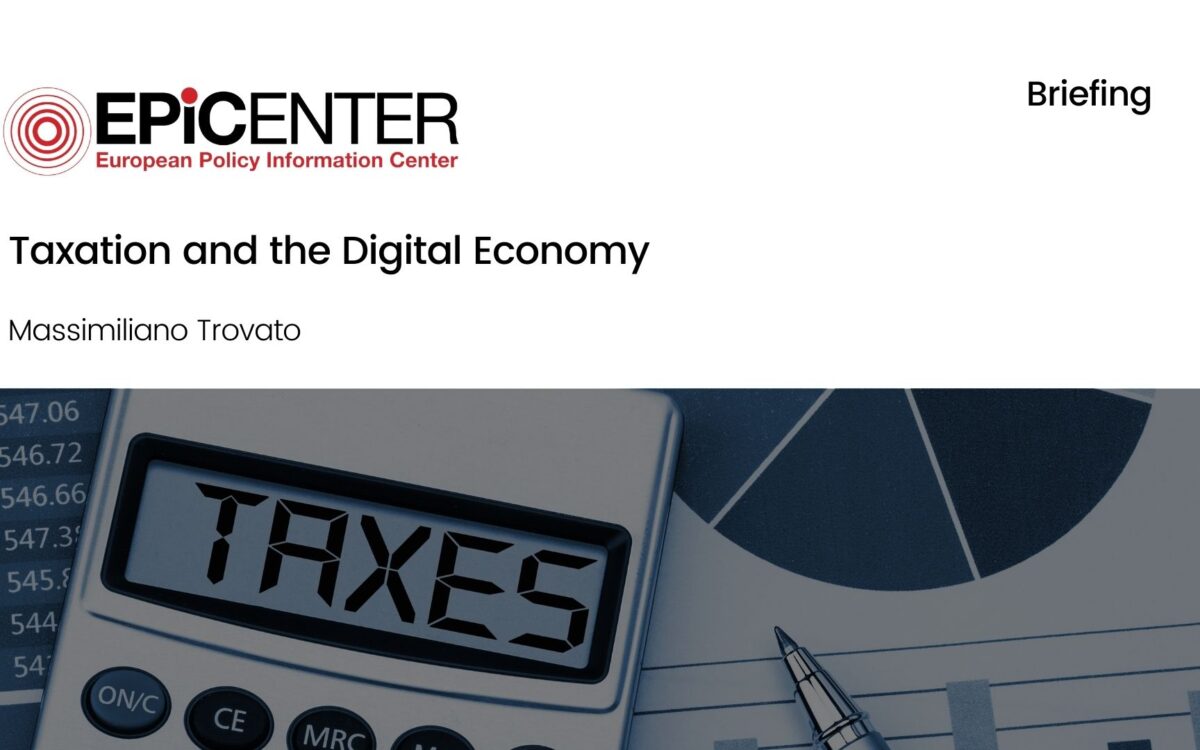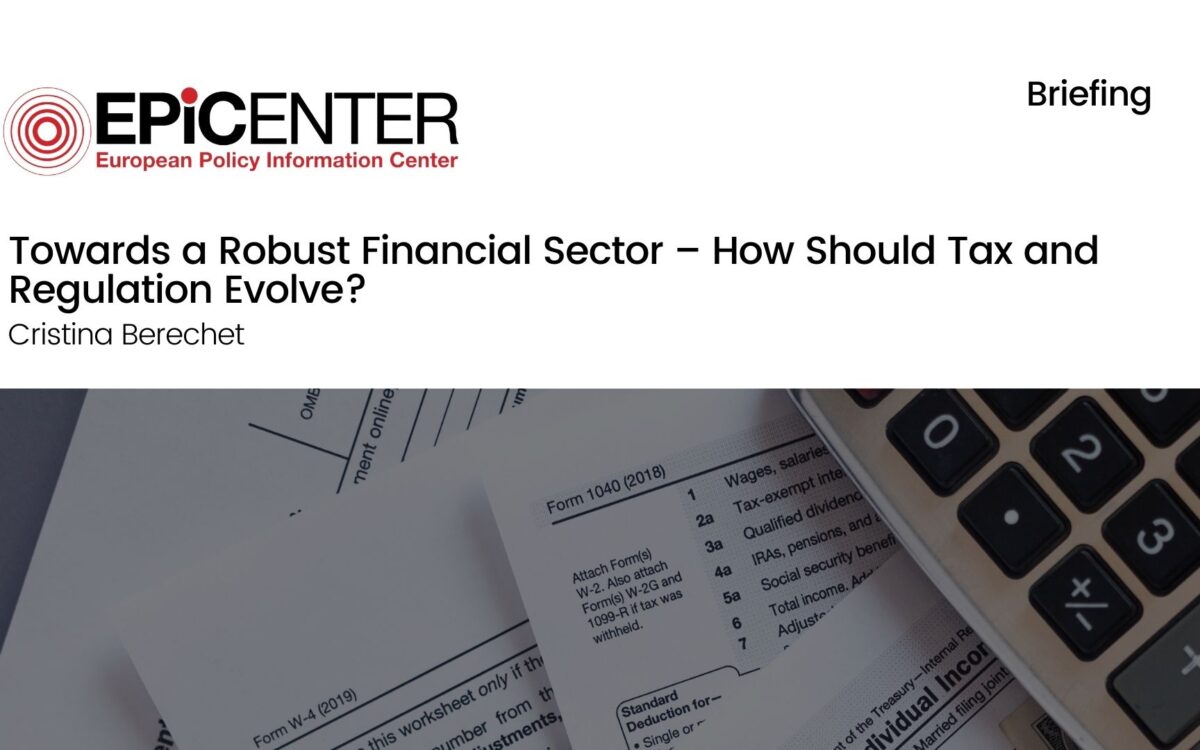May 1, 2015
À la lumière des affaires récentes dans le secteur numérique, la politique de concurrence doit changer. Les chiffres portant sur les parts de marché tendent à sous-estimer la prédominance des
forces concurrentielles, et les enquêtes récentes de la DG COMP ont systématiquement ignoré la possibilité que des innovations majeures se produisent en dehors du marché concerné.


